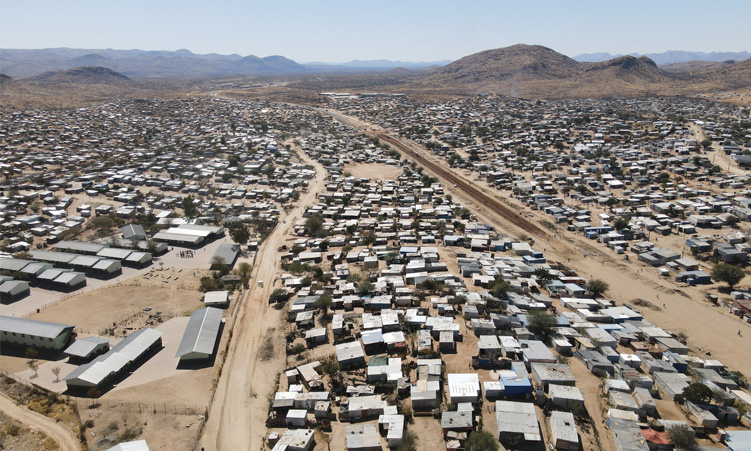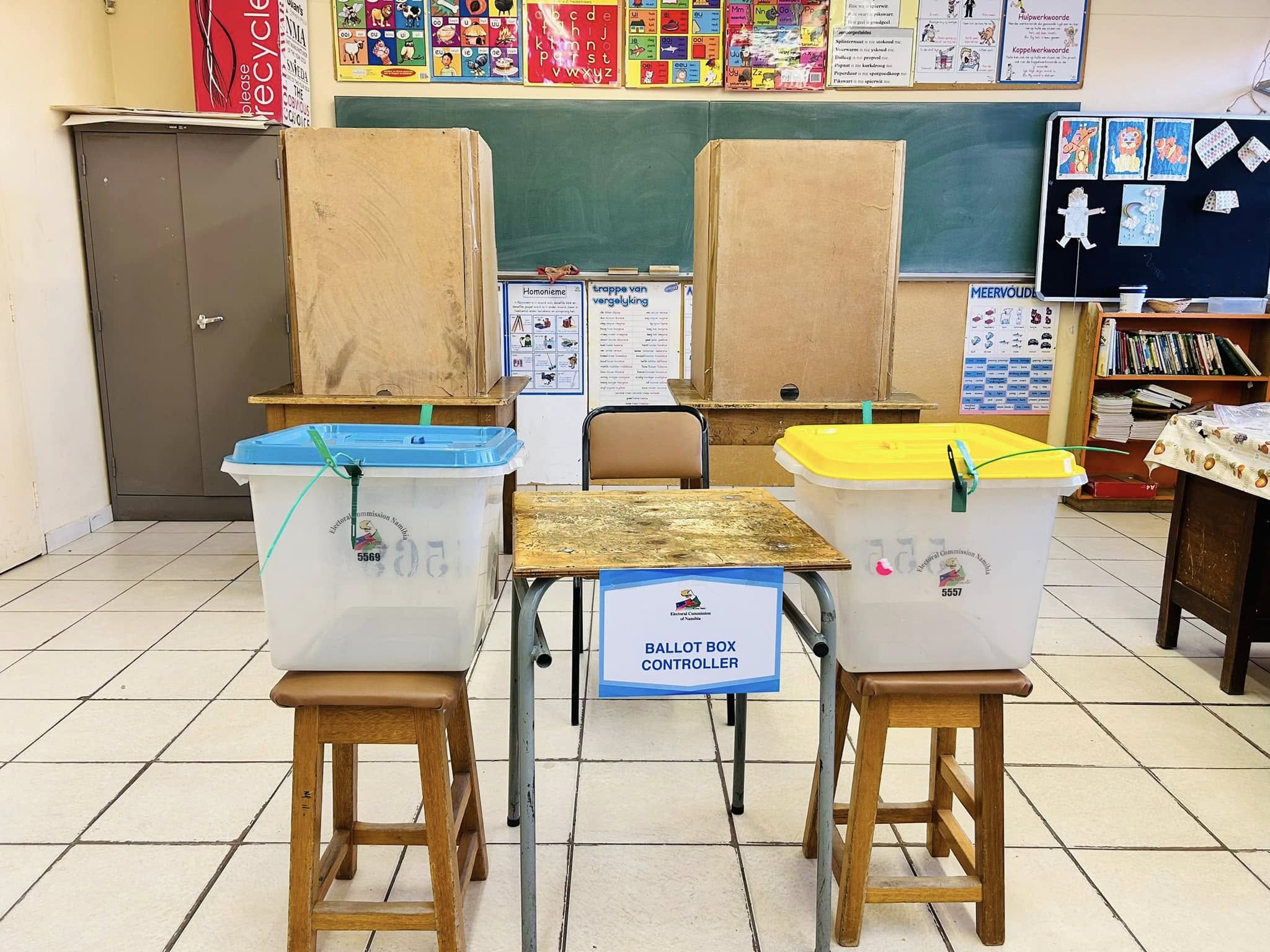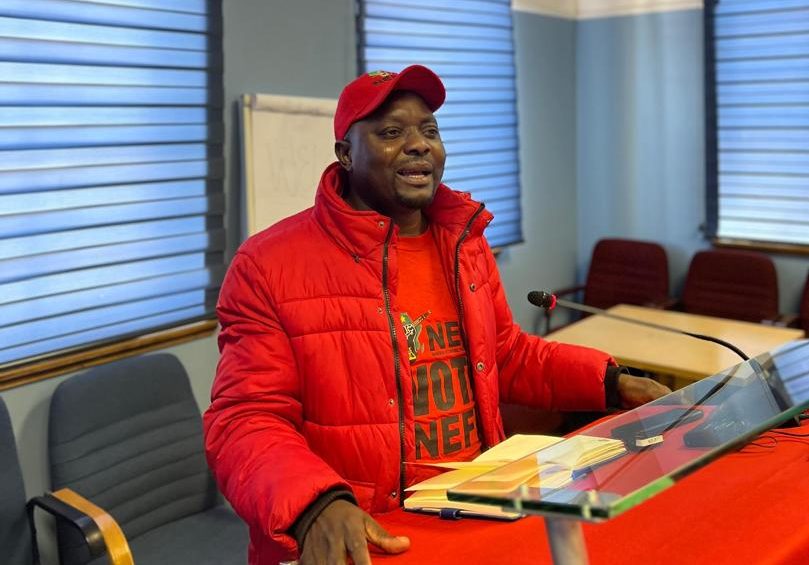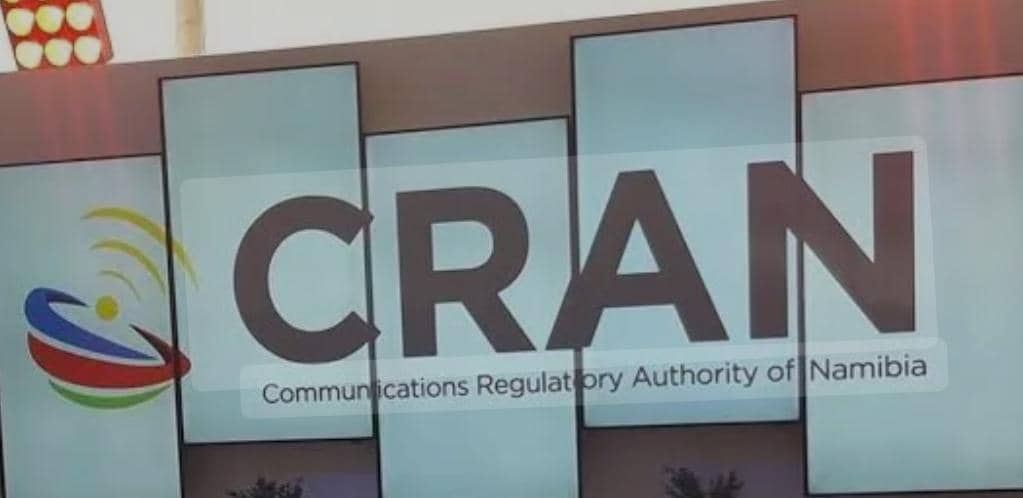Just be thankful for Swapo’s efforts in supporting your constituency.
This is what Andreas Mwashekele, a member of Swapo’s Tobias Hainyeko constituency executive, has to say to residents who have been facing persistent water and sanitation shortages.
“Swapo has done a lot to improve this constituency. Some 34 years ago, this constituency was just a farm, but if you come to this place now, there are many people who are settled.
“We have been trying to make sure there are houses and services in this area, and there is a difference from the farm this place was in 1990,” Mwashekele told Desert Radio recently.
“It is not true that people here are still queuing for toilets and water. The ruling party has made efforts to make sure the Tobias Hainyeko community have these facilities,” he said.
The Namibian in July reported that about 100 residents queue for toilet facilities at this constituency.
Sara Sikerete (27), a resident, says some residents in this area, as well as at Babylon informal settlement in Windhoek, share one toilet.
“It’s unhygienic and the toilet is not cleaned every day.
“Our children make use of the open area, because they can’t make use of the toilet the adults use,” she says.
Sikerete says residents use buckets at night, “however, one cannot rely on a bucket when one has diarrhoea”.
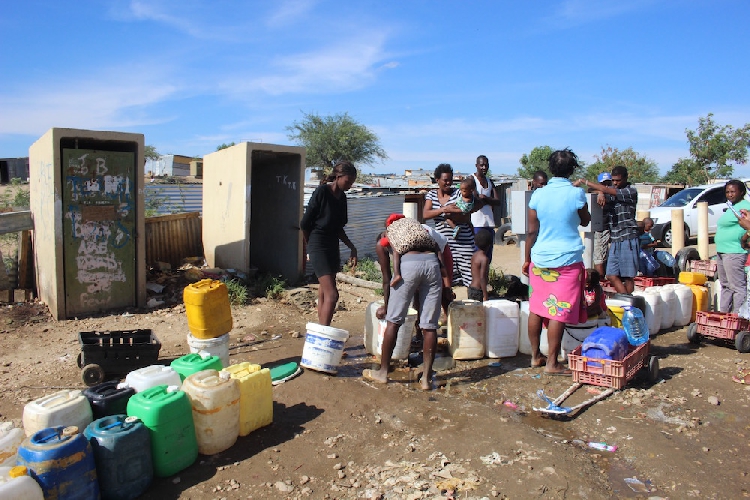
RECURRING PROBLEM
Residents at the settlement’s Block B area have also raised concerns over the lack of hygiene in the area.
Some, however, say they will continue to support Swapo, despite their long-standing lack of access to electricity and water.
“We have faith that the government will deliver,” says Maria Mbangula (47), a long-time resident of the area.
She and many of her neighbours have lived in Tobias Hainyeko for over 15 years.
They say they have seen promises of development come and go, but still believe in the party that brought independence to the country.
“When we vote, we don’t vote for today; we vote for what we know will come in the future,” Mbangula says.
Ndatipo Mathews, who lives at Okahandja Park in the Tobias Hainyeko constituency, says their main grievances are the lack of access to electricity, which has forced them to rely on firewood or gas for cooking and lighting.
He says water access is another ongoing challenge, with many of them still depending on communal taps shared by large groups of households.
“We struggle every day. We rely on candles and fire for light and cooking and that is very stressful and frustrating.
But even with all these challenges, we still have hope.
The government has done a lot for the country, and we trust they will address these issues,” Mathews says.
MORE PROMISES
Swapo central committee member Sisa Namandje at a Swapo mini rally last week promised that the ruling party is committed to providing electricity, water and other amenities.
“The party will train and develop professionals in the nuclear field as the foundation for nuclear power generation to realise the production of medical isotopes, food production and energy supply,” he said.
Namandje said the party will address the drinking water gap and expand and maintain transport, education and health infrastructure.
“The party has committed itself to providing financial support to the tune of N$500 million per year to the National Youth Fund to empower it to embark on various enterprises,” he said.
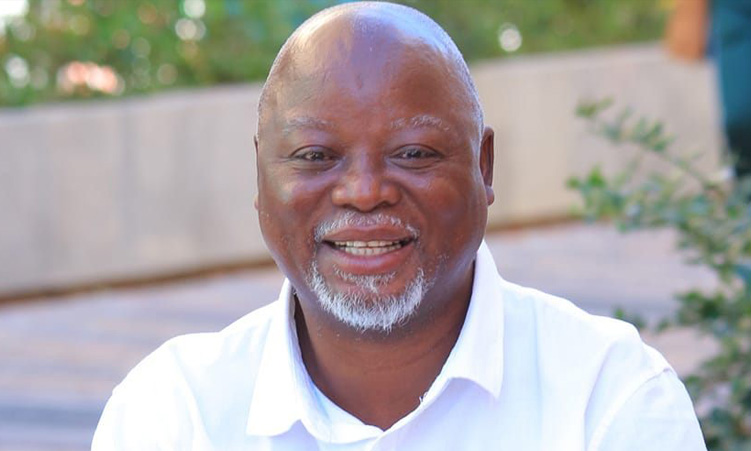
GLOOMY PICTURE
Political scientist Rui Tyitende says the prevailing socio-economic conditions paint a dark picture about the lived experiences of 1.4 million Namibians languishing in poverty and hunger.
“However, it would be unfair and factually incorrect to state that Swapo has not done anything for the past 34 years.
“They have done things that have positively affected people’s quality of life and their immediate living environment. For example, the construction of schools, feeder roads, clinics and other social services.
“We have to challenge these people who are mouthing these slogans of ‘prosperity’ and empty phrases such as ‘peace and stability’,” he says.
Tyitende says it has not occurred to many people and the leadership of Swapo that the party is an ordinary political party, led by fallible individuals.
“So, whether a party prospers or falters is determined by a litany of factors, but key among them will always be to what extent they have improved the material conditions of people,” he says.
Political analyst Ndumba Kamwanyah says while Swapo has made some progress, such as improving roads, schools and clinics, it’s clear that challenges still remain, especially at informal settlements like the Tobias Hainyeko constituency.
“The fact that residents still lack basic services like water and electricity highlights that development has been uneven.
“After 34 years, more could have been done to address these issues, especially for the most vulnerable communities,” he says.
Kamwanyah says many people don’t fully understand their rights or the responsibilities of government, which can lead to uninformed voting.
“Civic education would help voters make better decisions, hold leaders accountable, and ensure they vote based on real issues affecting their lives, rather than just party loyalty,” he says.
Stay informed with The Namibian – your source for credible journalism. Get in-depth reporting and opinions for
only N$85 a month. Invest in journalism, invest in democracy –
Subscribe Now!


